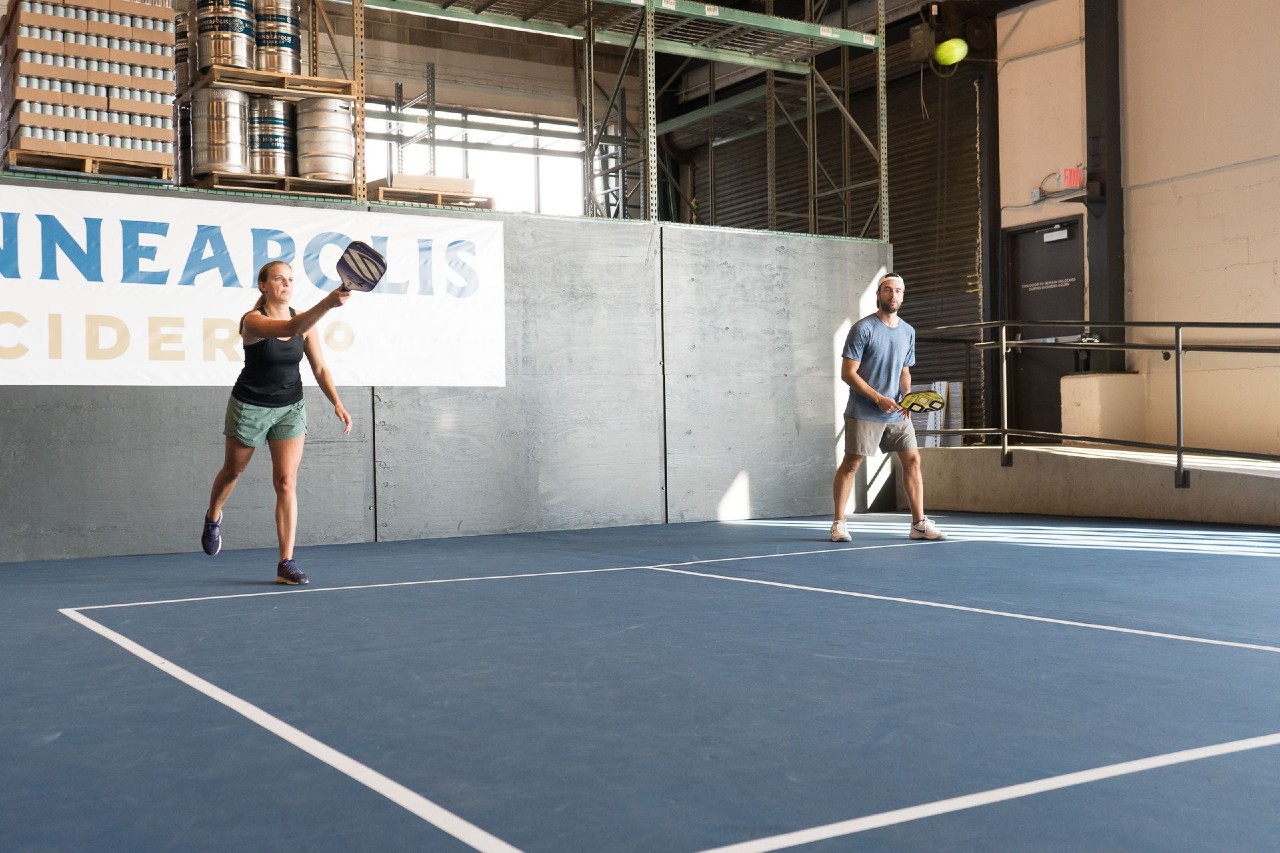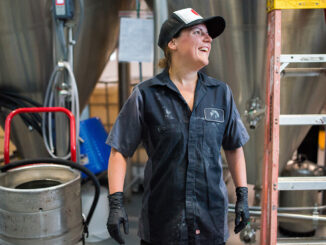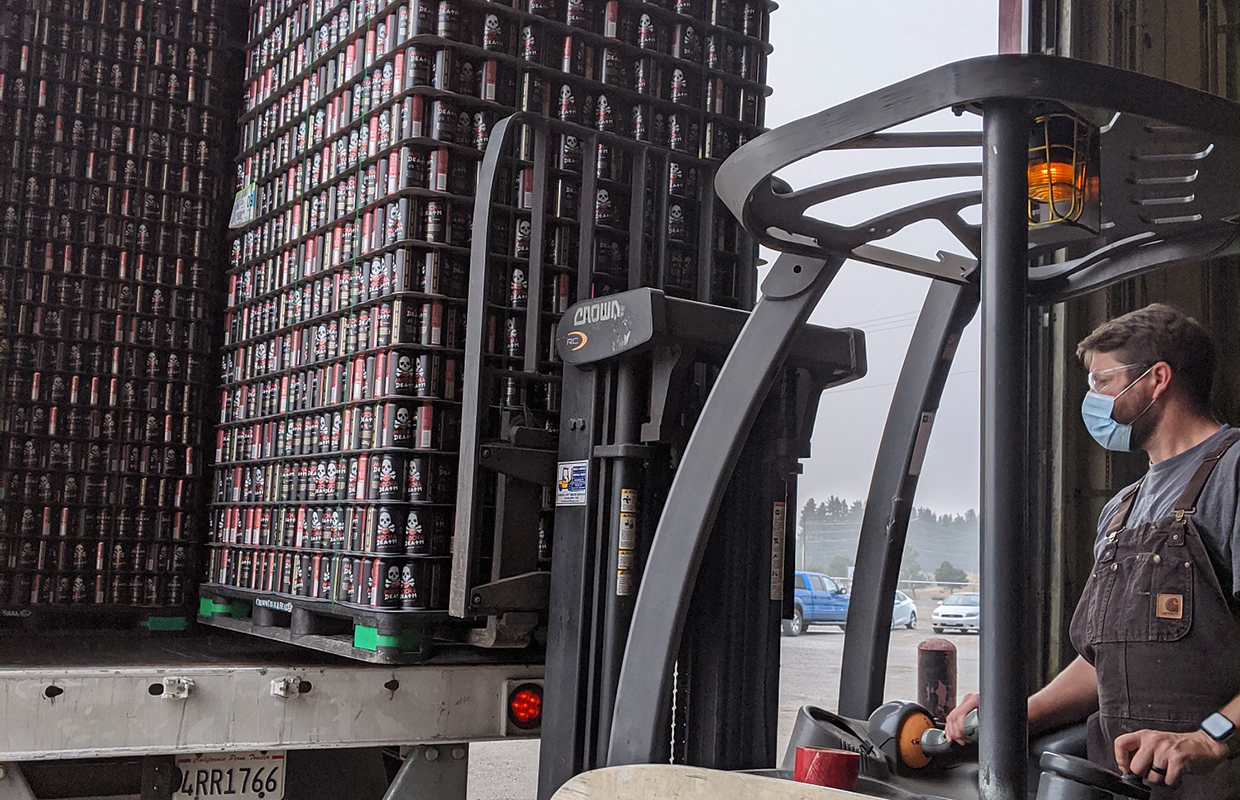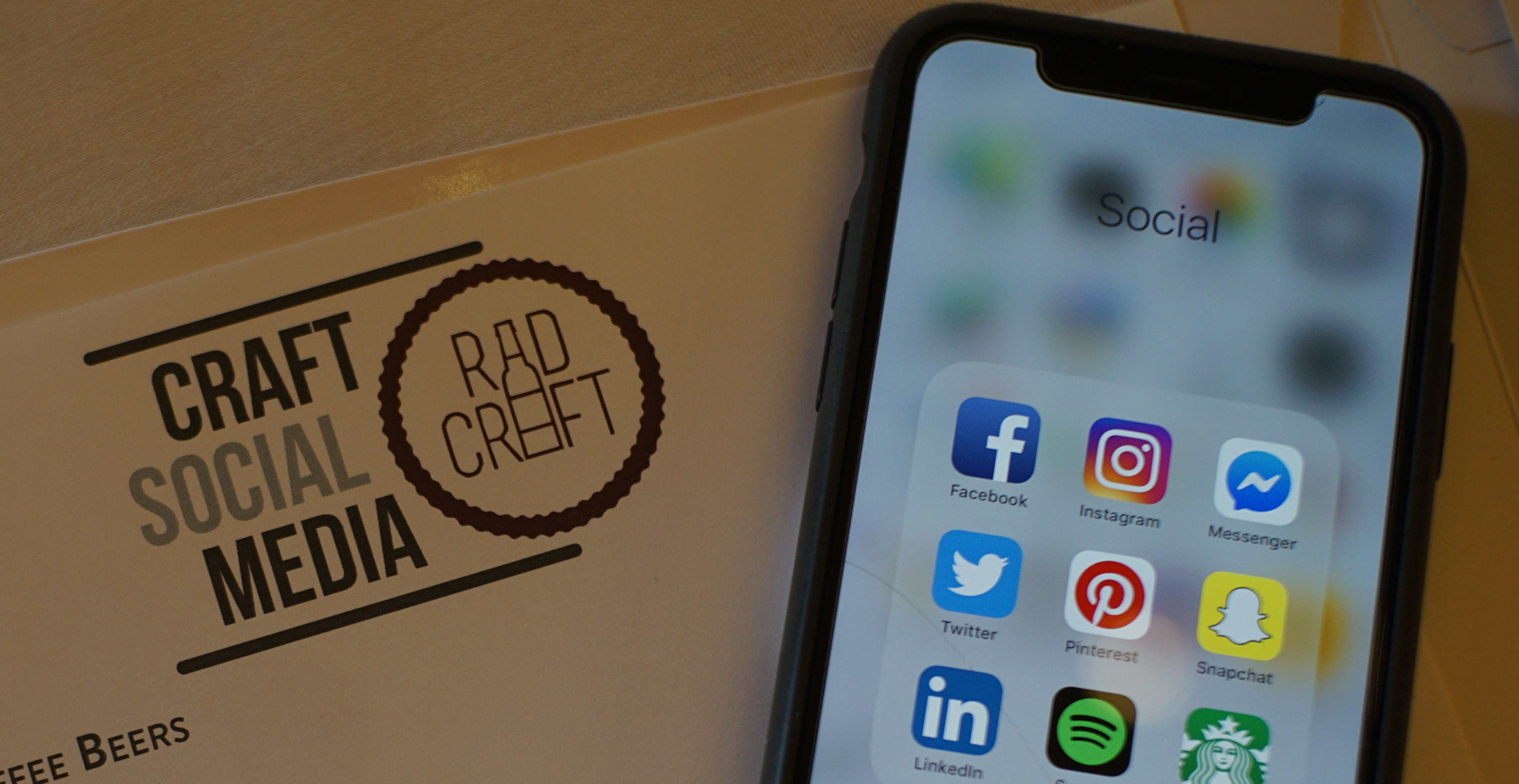
Of course the liquid that’s in the cans and comes out of the taps is ultimately what matters to your cidery.
Your taproom can also be a growth driver, especially if you find a unique niche. That’s been the case for Minneapolis Cider Company, said co-founder Jason Dayton, who noted that an indoor sport’s surging popularity has helped their business double every year since opening in 2019.
The twin cities cidery is situated in a 30,000-square-foot facility that includes a private events venue and indoor pickleball courts that have helped the company grow in popularity, Dayton said.
“The taproom side of our business has been a significant growth driver,” he said. “We’re fortunate we have so much space, and I think consumers have been so much more willing to come out to a large venue that’s not overly crowded all the time.”
Dayton said the cidery’s original plans called for neither a large space nor multiple pickleball courts, but a fork in the road was the catalyst that sparked the taproom’s current format.
“When we started we knew the taproom needed to pay the bills to help us fund distribution,” Dayton said. “We started in a smaller building about half the size of the one we’re in, but when we started putting plumbing in the ground and pouring a new concrete floor, we got soil samples that showed the soil under the building couldn’t support the weight of our tanks.”
They were going to have to put in piers — a solution that would have cost hundreds of thousands of dollars. They got out of their lease and found their current space and began to think of ways to use the extra room.
Ideas that failed included leasing it out as a warehouse and an axe-throwing facility. (“For a short period … our landlord ultimately didn’t like that,” Dayton recalled.) Finally, the concept that stuck was an idea borrowed from the Chicken N Pickle chain of restaurants.
“We hadn’t played it since high school,” Dayton said. “It was 2019, so pickleball hadn’t done its straight line growth yet. People hadn’t heard of it outside of retirement communities. We put in the courts in fall 2019 and it really took off.”
Their best month yet was February 2020, right before the onset of the COVID 19 pandemic in the US. They were still staffed lean, so to-go sales and delivery kept them afloat until Minneapolis opened back up.
The facility expanded in 2021 to include more courts, which haven’t required personnel expansion because they don’t require a lot of active staffing, Dayton said. Their taproom manager handles the booking.
Naturally, the pickleball popularity helps drive taproom sales.
“The leagues sell out in minutes,” he said. “They’re sizable. We’ve got 200 teams.”






Be the first to comment